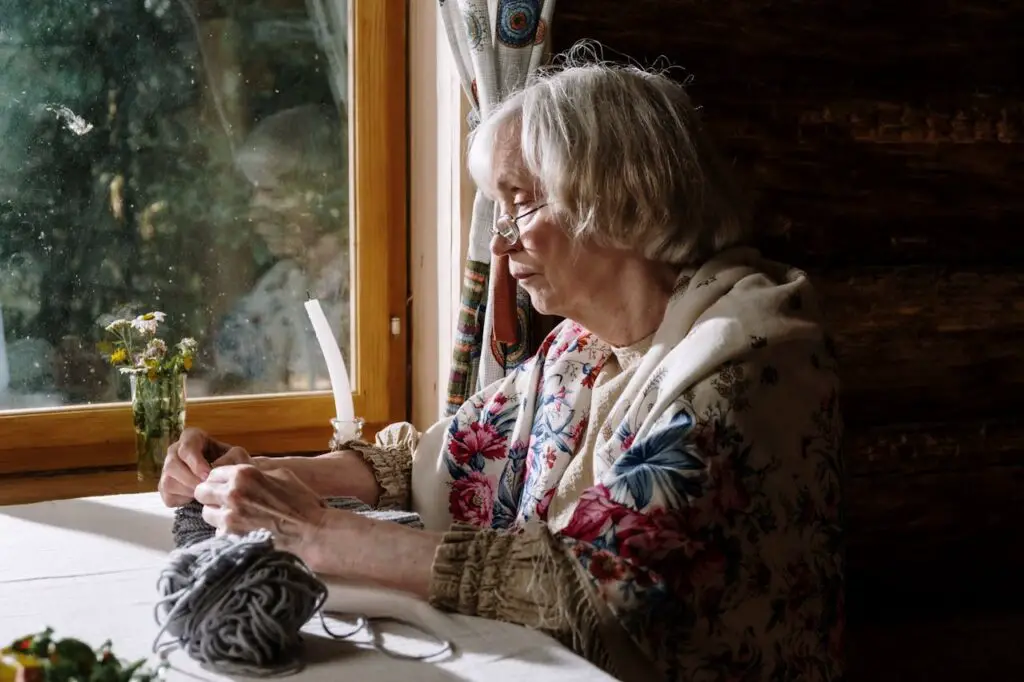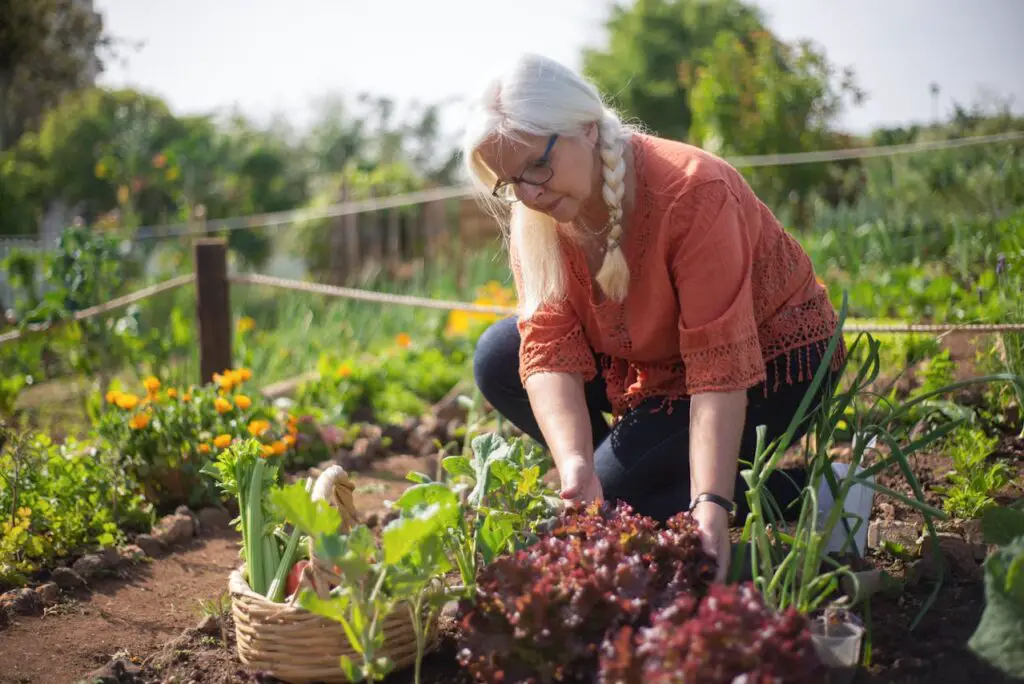7 Joyful Ways to Turn Your Hobbies Into Reliable Retirement Cash Flow

Retirement is supposed to be a season of freedom, but for many Baby Boomers, the thought of stretching savings and making sure the money lasts can feel a little stressful. The good news? You already have hidden income sources sitting right in front of you—your hobbies. Whether it is gardening, painting, playing the guitar, or even working on puzzles, the things you enjoy most can become more than just a way to pass the time. They can bring in reliable cash flow while also giving your retirement days more purpose and connection.
Instead of seeing hobbies as just “something fun to do,” think of them as opportunities to share your skills, meet new people, and earn a little extra income along the way. And unlike a traditional job, these money-making hobbies can be as flexible as you want them to be. Let’s look at seven practical and joyful ways to turn what you love into retirement income.
1. Teach or Tutor What You Know

If you have spent years developing a skill, now is the perfect time to share it. Whether it is playing the piano, sewing quilts, or speaking another language, teaching others can be both fulfilling and profitable. Thanks to platforms like Zoom, you can offer lessons online from the comfort of your home, or if you prefer face-to-face connection, consider teaching at your local library, community center, or even through one-on-one tutoring.
The best part is that you set the schedule. Want to teach only a few students a week? That is entirely up to you. Teaching not only keeps your knowledge sharp, but it also gives you the joy of watching others grow. And yes, it puts a steady stream of cash in your pocket.
2. Turn Handmade Crafts Into Cash

If your hands love to stay busy, this is your chance to turn creativity into income. Baby Boomers across the country are finding that their hobbies like woodworking, knitting, or jewelry-making are in demand. Sites like Etsy make it easy to showcase your creations to a wider audience, but don’t underestimate the power of your local community. Craft fairs, farmers’ markets, and church bazaars can be fantastic ways to sell directly to people who appreciate handmade items.
Every sale is more than just extra income—it is a moment of connection. Buyers are often drawn to the story behind a handmade item, and that makes your craft more meaningful. So whether it is a quilt that took weeks or a handmade birdhouse crafted from your workshop, your hobby could be someone else’s treasured purchase.
3. Put Your Photography Skills to Work

Do you find yourself snapping photos of sunsets, grandkids, or even your dog doing something silly? Photography is one of the easiest hobbies to turn into cash. Stock photo websites like Shutterstock or Adobe Stock pay you each time someone downloads one of your photos. Even simple shots of everyday life can sell.
If you want a more personal touch, consider offering photography services in your community. Portraits for families, pet photography, or even capturing small local events can bring in steady side income. You don’t need a fancy studio; sometimes a beautiful park or a well-lit backyard is all you need to create great photos.
4. Rent Out What You Already Have

Sometimes, you don’t need to create anything new—you just need to make use of what you already own. Do you have a cozy guestroom that rarely gets used? Airbnb could be an option. Have an RV, a swimming pool, or even just a big backyard that is perfect for dogs to play? There are platforms that allow you to rent out all of these things.
This type of hobby income is particularly appealing because it often works while you sleep. Someone books your space, you prepare it, and you earn money. It is a low-effort, high-reward way to add a cash flow stream without a huge time commitment.
5. Write, Blog, or Share What You Know

If you enjoy putting pen to paper—or fingers to keyboard—writing can be a surprisingly rewarding way to bring in income during retirement. You could start a blog about your favorite hobby, whether that is gardening, fishing, or puzzle-solving, and grow an audience over time. Once you have readers, you can earn through ads, affiliate links, or even selling your own guides and books.
But you do not have to stop at blogging. Freelance writing is another option. Local newspapers, magazines, and websites are often looking for fresh voices with real-life experience. You might even write your memoir or a collection of stories from your career and self-publish it. Writing allows you to share your wisdom and experiences while also creating something that could bring in passive income for years to come.
6. Grow and Sell What You Plant

If you have a green thumb, your garden could become more than a source of personal joy—it could be a source of income. Herbs, vegetables, and flowers are always in demand at local farmers’ markets. Even small potted plants can be sold to neighbors, friends, or through community events.
Not only does gardening keep you active and outdoors, it also creates a product people want to buy. Selling what you grow is a natural way to supplement your income, and it helps others enjoy fresh, locally grown goods. The satisfaction of seeing someone leave with your homegrown basil or a bouquet of zinnias is hard to beat.
7. Turn Your Love for Animals Into Income

For those who adore furry friends, offering pet-related services can be both enjoyable and profitable. Dog walking, pet sitting, or even turning your backyard into a safe play space for neighborhood pets are all options. Platforms like Rover can help connect you with local pet owners looking for reliable help.
This hobby-turned-income stream is especially rewarding because it rarely feels like work. Spending time with pets boosts your mood, keeps you active, and builds relationships with neighbors who are grateful for your help. Plus, it is a flexible way to earn money without being tied to a desk.
Final Thoughts

Retirement does not have to be a time of financial worry. By leaning into your hobbies, you can enjoy a lifestyle where passion meets profit. Whether you are teaching others, selling your crafts, or simply sharing your love of pets, every hobby has the potential to become a source of reliable cash flow.
Think of this stage of life as an encore performance. You have spent decades building skills, relationships, and passions. Now is your chance to use them in new and fulfilling ways. The money you earn is important, but the joy, purpose, and connection you gain along the way might be the greatest reward of all.
So, go ahead—pick up that camera, plant those tomatoes, or start writing that blog. Your hobby is waiting to pay you back in more ways than one.
Leave a Reply